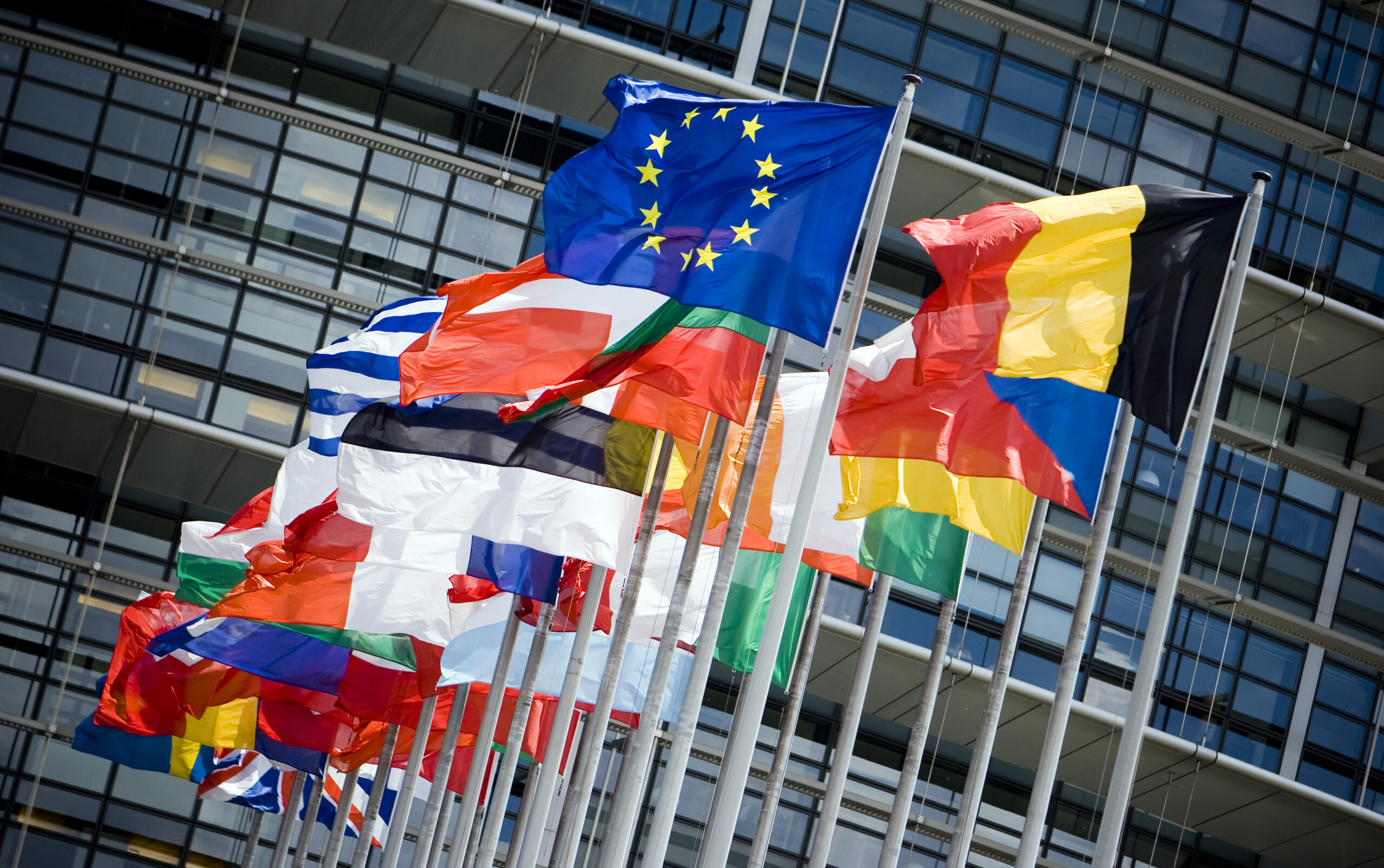Author Archive: Mira Scholten

Appointment of EU agency directors
EU agencies’ number and powers have grown tremendously in the recent years. Despite the so-called Meroni ‘non-delegation’ doctrine, EU agencies perform a wide range of tasks. They can contribute to or pass (soft) rules of general applications and impose sanctions for violation of EU laws vis-à-vis private actors (Scholten and Luchtman 2017). The increase of powers and hence impact of EU agencies on society raises the urge for legitimising these institutions. One of the major ways to legitimize institutions is establishing proper governance structures and ensuring suitable top-level officials who manage agencies and bare responsibility for agencies’ performance. In this blog post, we offer a comprehensive evaluation of EU agency directors’ functions and appointment procedures and requirements. We show that the appointed directors fit the profiles of EU agencies that they head well, nevertheless we quest the necessity of the existing excessive variety of appointment procedures (12!), which in our view hinders legitimacy.
Read more
(R)evolution in the EU System of Political Accountability: Joint Parliamentary Scrutiny mechanism
On 11 May 2016, the European Parliament adopted a new regulation for Europol, which will enter into force on 1 May 2017. This Regulation establishes the – so far unprecedented political accountability mechanism in the EU – Joint Parliamentary Scrutiny. The introduction of a mechanism, which links political accountability fora of the EU and the national levels, is a revolutionary development for the evolving multi-level accountability system (of EU agencies). To enhance democratic legitimacy of the EU structures and decisions, the legislative and accountability roles of the European Parliament have grown significantly in the last decennia (Scholten 2014). Yet, never before did national parliaments become involved in holding EU entities to account, too.
Read more

